Paula Radcliffe 'categorically denies' cheating
- Published
Why is Paula Radcliffe in the headlines?
Marathon world record holder Paula Radcliffe has "categorically" denied any form of cheating.
The 41-year-old Briton said questions raised during a parliamentary select committee "effectively implicated" her in the Sunday Times' allegations of blood doping in athletics.
Jesse Norman MP suggested London Marathon winners and medallists and "potentially British athletes" were under suspicion.
Radcliffe was not specifically named.
But she is a three-time London Marathon winner and the only British athlete since 1996 to triumph at the event - though Norman later tweeted that he had not made any allegation against individual athletes.
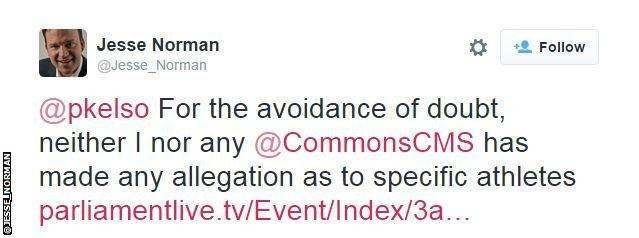
Jesse Norman wrote on Twitter that he had not accused Radcliffe specifically
Following the Commons Culture, Media and Sport Committee hearing, Radcliffe issued a statement, external saying she was "devastated" her name had been "linked to these wide-ranging accusations".
The Sunday Times published data from 5,000 athletes, which it had reviewed by scientists and said revealed an "extraordinary extent of cheating".
The International Association of Athletics Federations (IAAF) called the allegations "sensationalist and confusing" and denied it had failed in its duty to carry out effective blood testing.
Radcliffe said she had the "greatest respect" for people "responsibly trying to uncover cheating", but added she was "profoundly disappointed that the cloak of parliamentary privilege" had been used to tarnish her reputation, without recourse.
She said: "I have campaigned long and hard throughout my career for a clean sport. I have publicly condemned cheats and those who aid them. These accusations threaten to undermine all I have stood and competed for, as well as my hard-earned reputation.
"By linking me to allegations of cheating, damage done to my name and reputation can never be fully repaired, no matter how untrue I know them to be."
Radcliffe, who also won the New York Marathon three times and the Chicago Marathon, retired from competitive athletics this year following a persistent foot injury.
She is regarded as the greatest female marathon runner in history.
Paula Radcliffe: I was a clean athlete
She said she "wrestled long and hard with a desire to speak out" following the initial publication of the joint Sunday Times and ARD/WDR investigation of 12,000 blood tests from 5,000 athletes between 2001 and 2012.
She said she had wanted to "fully explain any fluctuations" in her blood data, but was advised she would risk her name being connected with "false allegations".
"As a result of today's parliamentary hearing I can no longer maintain my silence," she added.

Radcliffe added on Twitter that she had not taken any legal action to block accusations against her
Radcliffe on her blood data
In an interview with BBC sports editor Dan Roan in August, Radcliffe said athletes should not make their complicated blood data information public as it risked being misunderstood and misinterpreted.
But in a 1,700-word statement on Tuesday, Radcliffe gave a detailed explanation for the three 'abnormal' readings referred to by the Sunday Times, saying:
One blood result which fell marginally outside the normal range was explained by having been taken after a half-marathon run at midday in 30-degree heat
The data could also have been affected by the fact Radcliffe was ill before that race and was taking antibiotics
Two of the three readings were taken immediately after races - before the two-hour threshold which is currently required for a valid test
All three readings were taken following periods of prolonged altitude training, which can also affect the values
None of the three readings in question occurred around any of her best performances or races, including all of her London Marathon wins
Radcliffe also claims her blood results were reviewed following the Sunday Times articles by the World Anti-Doping Agency, who found no evidence of any impropriety.
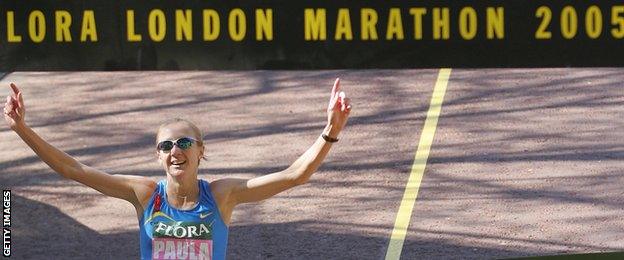
Paula Radcliffe wins the London Marathon in 2005
Paula Radcliffe's career | |
|---|---|
Won London Marathon in 2002, 2003 and 2005 | European 10,000m champion in 2002 |
Marathon world record holder (two hours 15 minutes 25 seconds) | Commonwealth 5,000m gold medallist in 2002 |
Won World Championship marathon gold in 2005 | BBC Sports Personality of the Year in 2002 |
Ed Harry - BBC World Service athletics commentator
"Paula Radcliffe has spoken out against drug cheats her whole career. I remember watching the 2001 World Championships from Edmonton, Canada, where Radcliffe and team-mate Hayley Tullett sat holding an 'EPO cheats out' banner during a 5,000m heat in protest at the inclusion of Olga Yegorova. The Russian had been allowed to compete, despite a recent failed test for EPO.
"Radcliffe's protest received more coverage than the race at a time when her own greatest claim to fame was winning the World Cross Country Championship. In my experience, her voice on these issues has always been one of the loudest in the sport.
"This story goes to the heart of what conclusions can or should be drawn from data taken from a single blood test - rather than the repeated testing that forms the basis for the modern biological passport system."
- Published2 September 2015
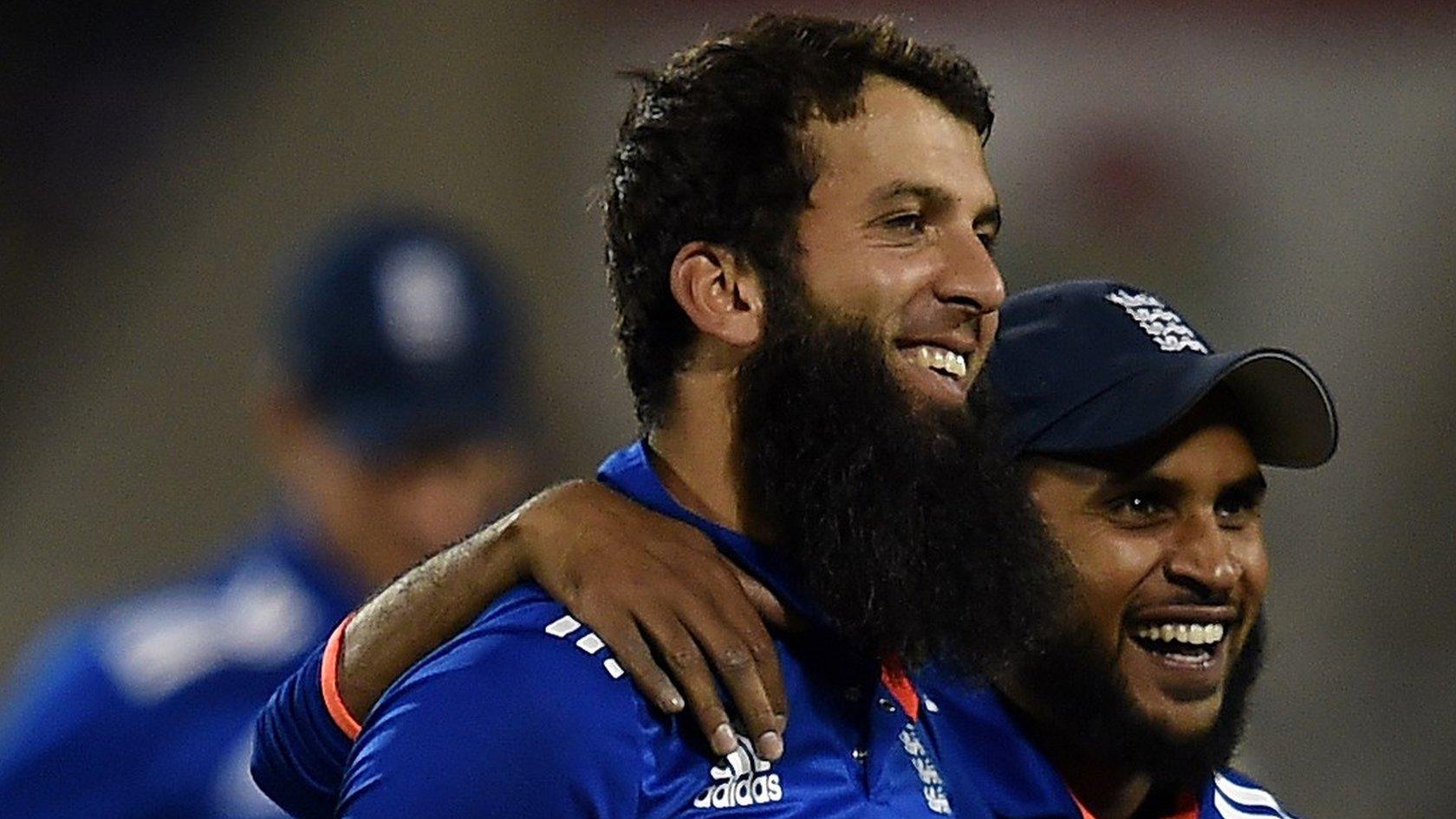
- Attribution
- Published8 September 2015
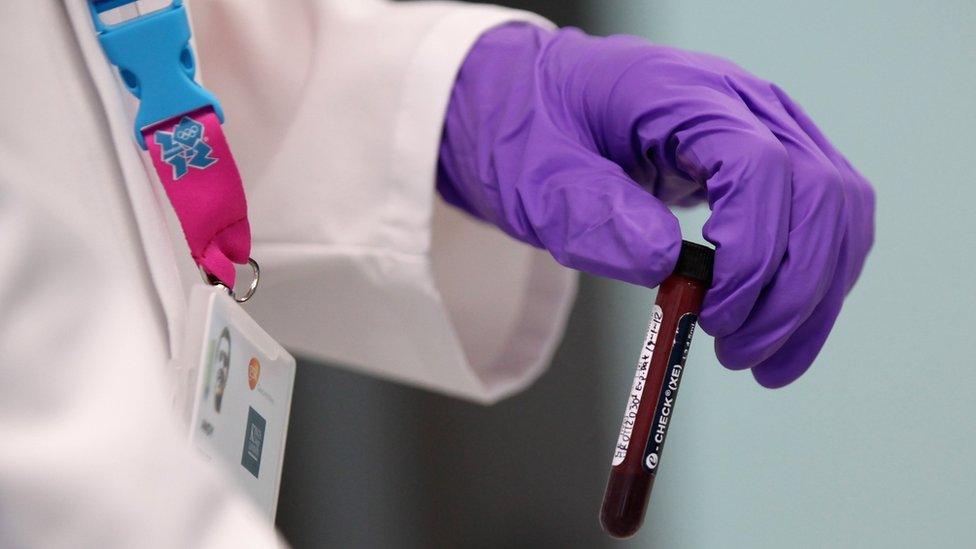
- Published19 August 2015
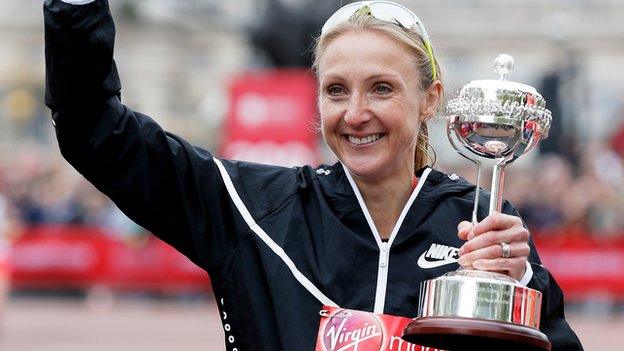
- Published8 September 2015

- Published2 September 2015
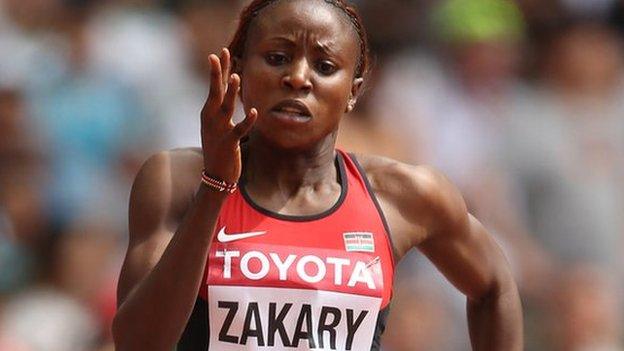
- Published30 August 2015
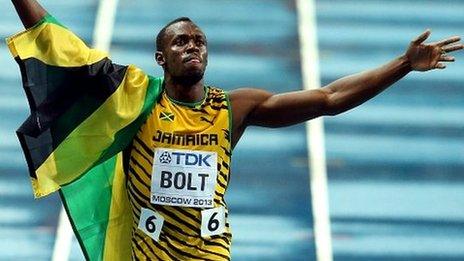
- Published8 February 2019
